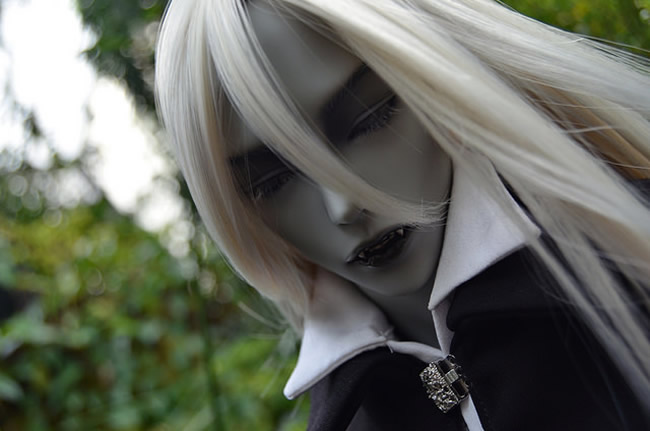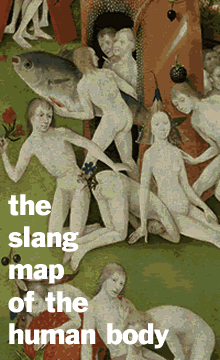blood sack
 photo credit: "Halloween meet" by Alexandra Zharkova (CC BY-SA 2.0)
photo credit: "Halloween meet" by Alexandra Zharkova (CC BY-SA 2.0) Definition: (noun phrase) a human (said by vampires)
Example: Esmeralda bared her fangs when the Blockbuster clerk told her all the copies of the DVD “Love at First Bite” were checked out. How dare a blood sack tell her what she could watch!
Quote:
“Join our nest, Bill. Forget these blood sacks.”
Blood sack is a pejorative expression I came across last week--HBO was showing a marathon of True Blood, its successful series about vampires looking for love and respect (and frequently people whose blood they can suck) in modern-day Louisiana. The show’s title refers to a synthetic blood beverage (served at room temperature) some vampires drink.
I thought blood sack was made up for the show, but I was wrong. I found it used earlier in fan fiction for another popular show on the same theme, Buffy the Vampire Slayer. That series was a source of so much slang that an entire book was written about it.
That’s not unusual. There are many works of fantasy and science fiction that have their own invented vocabulary. Far beyond the prolific creation of new terms on Buffy the Vampire Slayer, Star Trek actually spawned an entire language: Klingon. Novelist Anthony Burgess wrote his dystopian novel A Clockwork Orange using Nadsat, a kind of slang that includes wonderful-sounding words like smeck, veck and spoogy. (See more about Nadsat here.) You can also find book-specific slang like muggle--the pejorative word (not dissimilar from blood sack) some wizards use about ordinary humans--in the Harry Potter series.
Other fun terms from True Blood include fangbanger (a human who has sex with vampires) and V juice (vampire’s blood used as a drug). To mainstream is to live openly among humans and try to fit in. My favorite is another insult from the evil vampire Diane: “She can suck on sunlight for all I care!” While humans may fear things that go bump in the night, vampires (at least on this show) burn and blister in the light of day.



